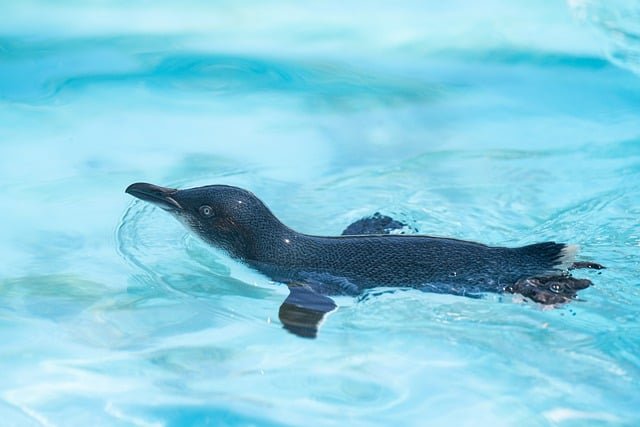
The Social Dynamics of Penguin Colonies: How Community Life Shapes Behavior and Survival
Penguins are fascinating creatures, not just for their distinctive appearance and waddling gait, but also for their complex social structures. In this post, we will explore how the social dynamics of penguin colonies influence their behavior and contribute to their survival in harsh environments.
The Importance of Community
Penguins are inherently social animals that thrive in large colonies, sometimes numbering in the thousands. These colonies serve several critical functions:
Protection from Predators: By living in large groups, penguins can reduce the risk of predation. The sheer number of individuals can confuse predators and provide safety in numbers.
Thermoregulation: In the frigid climates where many penguin species reside, huddling together helps conserve body heat. This behavior is particularly evident in Emperor and Adélie penguins during harsh winter months.
Cooperative Breeding: Many penguin species exhibit cooperative breeding behaviors. Adult penguins often take turns caring for chicks, allowing for increased survival rates among the young.
Social Hierarchies and Interactions
Within penguin colonies, social hierarchies often emerge. These hierarchies can influence access to resources such as food and nesting sites. Key aspects of these social dynamics include:
Dominance Displays: Penguins engage in various displays to establish dominance, such as vocalizations and physical posturing. These interactions help maintain order within the colony and reduce physical confrontations.
Bonding and Relationships: Penguins form strong pair bonds, often returning to the same mate for multiple breeding seasons. This loyalty is crucial for the successful raising of chicks, as both parents share responsibilities in incubating eggs and feeding the young.
Alloparenting: Some penguin species, like the African penguin, exhibit alloparenting behaviors, where individuals other than the biological parents help care for the chicks. This communal approach can enhance the survival prospects of the offspring.
Communication and Social Learning
Communication plays a vital role in the social dynamics of penguin colonies. Penguins use a variety of vocalizations and body language to convey messages, such as:
Calls: Each species has distinct calls that help individuals identify their mates and chicks amidst the cacophony of the colony. Vocal recognition is crucial for maintaining social bonds.
Visual Signals: Body posture and movements can indicate aggression, submission, or readiness to mate, aiding in the establishment of social hierarchies.
Social learning is also significant in penguin communities. Young penguins learn essential survival skills by observing their parents and other experienced members of the colony. This learning process enhances their ability to find food, evade predators, and navigate their environment.
Challenges and Adaptations
While the social dynamics of penguin colonies offer many advantages, they also face challenges:
Environmental Changes: Climate change and human activities are impacting penguin habitats, leading to food scarcity and altered breeding patterns. Penguins must adapt their social behaviors to cope with these changes.
Disease Outbreaks: High-density living can facilitate the spread of diseases within colonies. Penguins must balance the benefits of community life with the risks associated with close contact.
Conclusion
The social dynamics of penguin colonies are a testament to the importance of community life in shaping behavior and enhancing survival. Understanding these interactions not only provides insight into the fascinating world of penguins but also underscores the need for conservation efforts to protect their habitats and social structures. By safeguarding these colonies, we can help ensure the continued survival of these remarkable birds in an ever-changing world.
Feel free to share your thoughts or questions about penguin social dynamics in the comments below! 🐧
